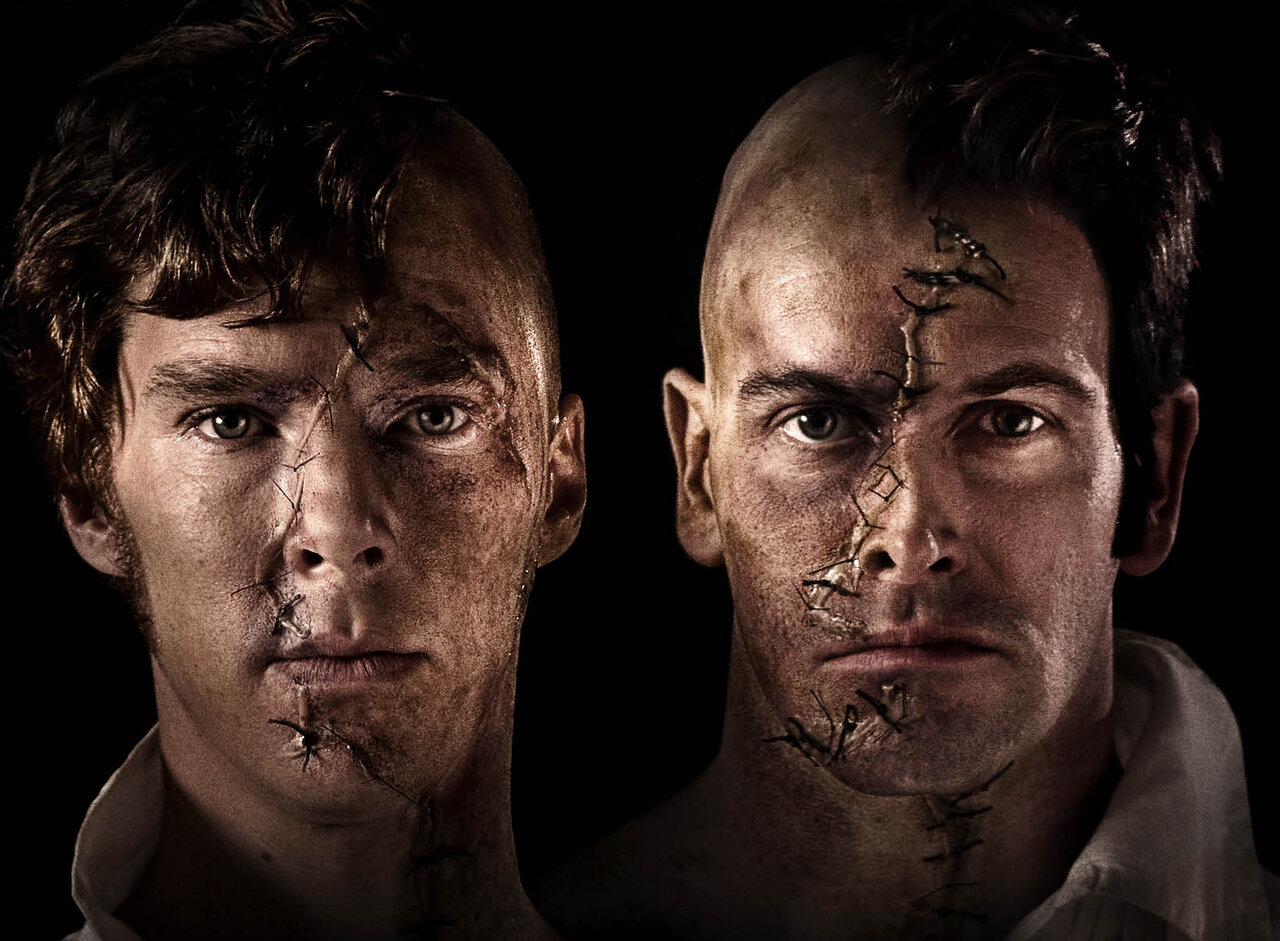Royal National Theatre's “Frankenstein” to be screened at IAF

TEHRAN- The Cinematheque of the Iranian Artists Forum (IAF) will screen a stage recording of the 2011 London Royal National Theatre production of Mary Shelley's "Frankenstein" on Wednesday.
The screening will be followed by a review session by Iranian theater critics Abbas Ghafari and Mohammad Najjari.
A thrilling adaptation of Mary Shelley's classic novel, “Frankenstein” is a powerful and moving stage production that explores the consequences of playing God.
Directed by Olivier Award-winning director Danny Boyle, this National Theatre production stars Benedict Cumberbatch as the tormented Victor Frankenstein and Jonny Lee Miller as his creature.
In Mary Shelley's classic novel, “Frankenstein”, Victor Frankenstein, a young and ambitious scientist, becomes obsessed with the idea of creating life from death. Through his experiments, he succeeds in bringing a creature to life, but is horrified by its grotesque appearance and rejects it. The creature, feeling abandoned and rejected, sets out to seek revenge against its creator.
As the story unfolds, Frankenstein's creature begins to learn and adapt at an alarming rate, eventually becoming intelligent and articulate. However, its appearance and mannerisms are repulsive to the humans it encounters, leading to a series of tragic events. The creature's desire for human connection and understanding drives it to seek out its creator, demanding answers about its existence and the reason for its rejection.
Meanwhile, Frankenstein's family is plagued by a series of mysterious deaths, which the creature is accused of committing. As the truth begins to unravel, Frankenstein's loved ones are torn apart by his own guilt and the fear of the monster. The creature's desire for revenge ultimately leads to a catastrophic confrontation between the two, resulting in a devastating loss that changes Frankenstein's life forever.
Throughout the novel, Shelley explores themes of ambition, loneliness, and the dangers of playing God. Frankenstein's creation is a powerful critique of scientific hubris and the consequences of unchecked progress. The novel also raises questions about what it means to be human, as the creature struggles to understand its own identity and place in the world.
The story has captivated readers for centuries with its timeless themes and haunting characters. Frankenstein's tale has been retold and reimagined in countless adaptations, but Shelley's original novel remains a masterpiece of Gothic horror and a cautionary tale about the dangers of unchecked ambition.
Danny Boyle is a British film, television, and theatre director known for his eclectic and innovative style. Born in 1956 in Stockport, England, Boyle began his career in the music industry, working as a musician and music video director before transitioning to film. He gained recognition with his debut feature film "Shallow Grave" in 1994, which won several awards at the Edinburgh International Film Festival. Since then, Boyle has directed a wide range of films, including "Trainspotting", "28 Days Later", "Sunshine", "Slumdog Millionaire", and "127 Hours", for which he won the Academy Award for Best Director.
Boyle's theatre credits include directing the National Theatre's production of "Frankenstein" in 2011, as well as the stage play "The Coming of the Shoah" in 2012. Throughout his career, Boyle has been known for his ability to blend genres, experiment with new techniques, and push boundaries in storytelling. His distinctive style has made him one of the most respected and admired directors in the industry.
SAB/
Leave a Comment